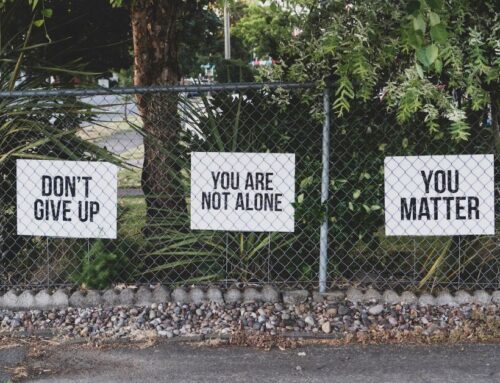Counseling is and should always be a safe place. But many people wonder, “how does my counselor protect my privacy?” As a full service counseling center, someone in our office answers this question several times a day. We take your privacy seriously, and both new and existing clients can take comfort in learning the lengths we go to in order to protect your privacy and maintain confidentiality.
Counselors are bound by legal and ethical guidelines set forth by Colorado laws (Mental Health Statutes), the Colorado Department of Regulatory Agencies (DORA), and the Health Insurance Portability and Accountability Act (HIPAA). All of these work together to help you receive the highest level of care while maintaining absolute confidentiality.
Here are some of the ways we at Grace Counseling protect you as a client.
We keep everything you say completely confidential
We will never disclose what you tell us to anyone else. If a friend, family member, coach, teacher, lawyer, or pastor calls or emails us with questions about you or your counseling we will not say anything about what you have told us. In fact, we cannot even admit that we know who you are. With a few important exceptions (talking about hurting yourself, hurting others, child abuse and a few others), what you tell us stay with us. Your privacy is our priority.
We have specific guidelines for releasing information (ROI)
For your counselor to speak with someone regarding your care, we need a written release of information signed by you, or a parent or guardian if you are under 15 years old. We cannot confirm that you are even a patient or client until we have this form signed and will not share any information to anyone without this document.
We do not talk about you around the office
Even though Grace Counseling is a group practice, your confidential information is restricted to those in the clinic who you give your written permission to. Even our friendly office staff do not know who you are seeing, what you are being seen for, and how long you have been seen by your counselor unless you have chosen to share that with with us verbally or by written consent. Unless your counselor is being supervised by a staff mental health professional in the building (if so, you have given consent already), your information will not be shared with any other professional in the building unless you sign a written Release of Information (ROI).
We shred – a lot
Any documents you fill out and sign are scanned into a secure server, and then shredded, or filed in a locked filing cabinet. Your information never goes into the trash, always shredded. We do not leave your name and contact information just laying around, it is always locked up, password protected, or shredded.
We make you sign disclosure forms
You know that long form where we ask you to initial and sign? This is our detailed disclosure statement. This form helps inform you how we are licensed, what makes us qualified to help you, how we are allowed to contact you, what rights you have as a client, and extreme situations when we would have to break confidentiality to protect you. Every time you have an e-mail communication with one of our staff, we are required to disclose that your information is protected, and our email server is encrypted to protect your information.
We wait for you to say hi
If we see you in public, our golden rule is “we only say hi if you say hi first.” We also will not disclose how we know you, unless you introduce us as your counselor. You will not hurt our feelings if you see us at the grocery store and keep on walking because your privacy is our top priority. Our goal is to make you feel your counseling sessions are a safe space, so we respect your privacy in public and will only acknowledge you if you acknowledge us first.
We cannot be your “Social Media” friend
Social media can consist of: Instagram, Facebook, Twitter, Linkedin, and other forms of social communication and media. Our lack of “following you” is not because we do not care about you but rather we do not want to put you in a situation where a mutual friend may question how you know a specific counselor which may beg an uncomfortable conversation you may not want to have.
We keep your information for seven years
As per DORA, HIPAA, and Colorado Mental Health Laws, we are required to keep a physical and/or electronic record of your files seven years after the last time we see you (10 years for medical information). This is to ensure that if you ever need your record we will have it. However, after seven years (10 years for medical records) of not seeing you in our clinic your file will be shredded, or deleted.
Counseling is most effective when there is trust between all parties involved. At Grace Counseling, we take this very seriously. We take steps every day to ensure you know you are in a safe, confidential environment when you open up to your counselor. When you come to Grace you will find that our office is a warm, safe, and inviting place where you can be assured that your privacy is completely respected.







